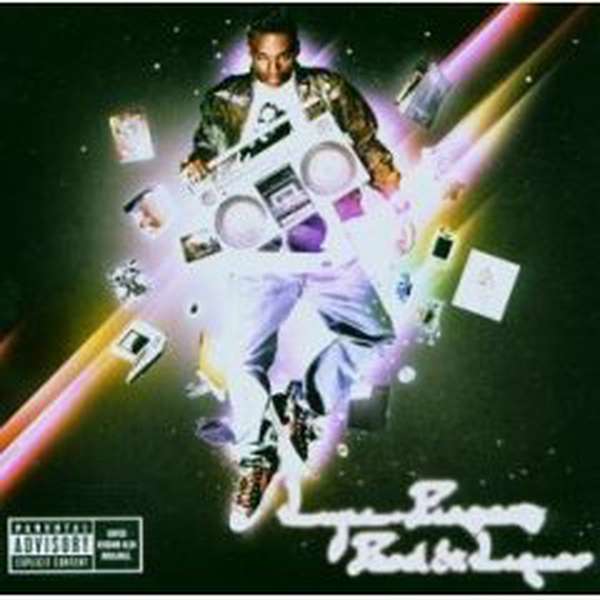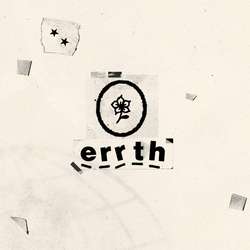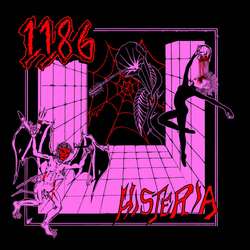"Yes, yes, yes. Guess who's on third? Lupe still like Lupin the Third." Little did we know that our introduction to Lupe Fiasco on Kanye West's "Touch the Sky" was merely a taste of what this Chicago native had to offer. While not a complete unknown, Lupe's previous appearances had mostly fallen under the radar. After numerous Internet leaks and release delays, Food & Liquor, Lupe Fiasco's sumptuous debut album has finally hit the streets.
In the album's introduction, Lupe shares a philosophy that serves as the backbone for the entire album. "The world and everything in it is made up of a mix of two things. You got your good. You got your bad. You got your food and your liquor." With that said, he dives head first into the unusually off-time rhythm of "Real." The hypnotic layering of guitars and keys underneath Lupe's confident delivery establishes a tone that serves as a springboard for the rest of the album. It's obvious that Lupe is trying to offer us something that we have sorely missed. Not necessarily something innovative or groundbreaking, but something "real." "Something they can feel," as he puts it. In relation to his previously stated philosophy, Lupe Fiasco's intentions are to land squarely on the "good" side of hip-hop.
By track three, Lupe is already beginning to sound like a seasoned veteran. Some rappers often seem removed from their beats, desperately trying to find their footing in unfamiliar territory. However, this MC consistently flows with each rhythm as if his mouth has been sewn to it. His performance on "Just Might Be OK" is as rapid-fire as the manic snare that darts back and forth underneath him. The song title itself hits my ears as the ultimate pacification of my fear for the future of hip-hop. At this point, the fact that this album actually exists lets me know just how "ok" it is.
The most obvious highlight of Food & Liquor is "Kick, Push", Lupe's horn-driven ode to skateboarding. The song's grand yet relaxed atmosphere makes it easily one of the most pleasing hip-hop tracks of the year. "I Gotcha", produced by The Neptunes, sneaks in with a jazzy bassline accompanied by a simple electric piano and accordion sample. "The Instrumental" is anything but. In fact, the track presents the album's most unusual combination. Sampling the song "Nestle" by the 90's rock band Far, the track serves as another indication that Lupe intends to surpass anything that my be expected.
It almost seems like a crime to spoil the remainder of the album. Lupe never comes across as anything less than excited and relentless. He continuously ricochets off of strings and horns, never relaxing his flow or simply relying on a hook to sell a song. When he does feel compelled to sing a bit, each melody is treated with a gentle and understated delivery. His caution is equally as important as his confidence. He's on a mission to deliver what had previously seemed relatively impossible: A hip-hop record that is "good" from beginning to end. So far, so good. Of course, much credit should be given to the album's various producers. While the Neptunes and Kanye tracks easily stand out, the albums consistent energy owes a great deal to lesser-known producers like Soundtrakk and Prolyfic. The fact that Jay Z is an executive producer doesn't hurt either.
I can safely predict that you will not see a single negative review of Food & Liquor. Even with a rather unnecessary twelve-minute outro that basically consists of Lupe reading a ridiculously long "thank you" list, the album will undoubtedly find its way onto numerous top-ten lists and catapult Lupe Fiasco directly into the hip-hop limelight. I am inclined to agree with his simple "good/bad" philosophy and in my opinion; it doesn't get much better than this.




